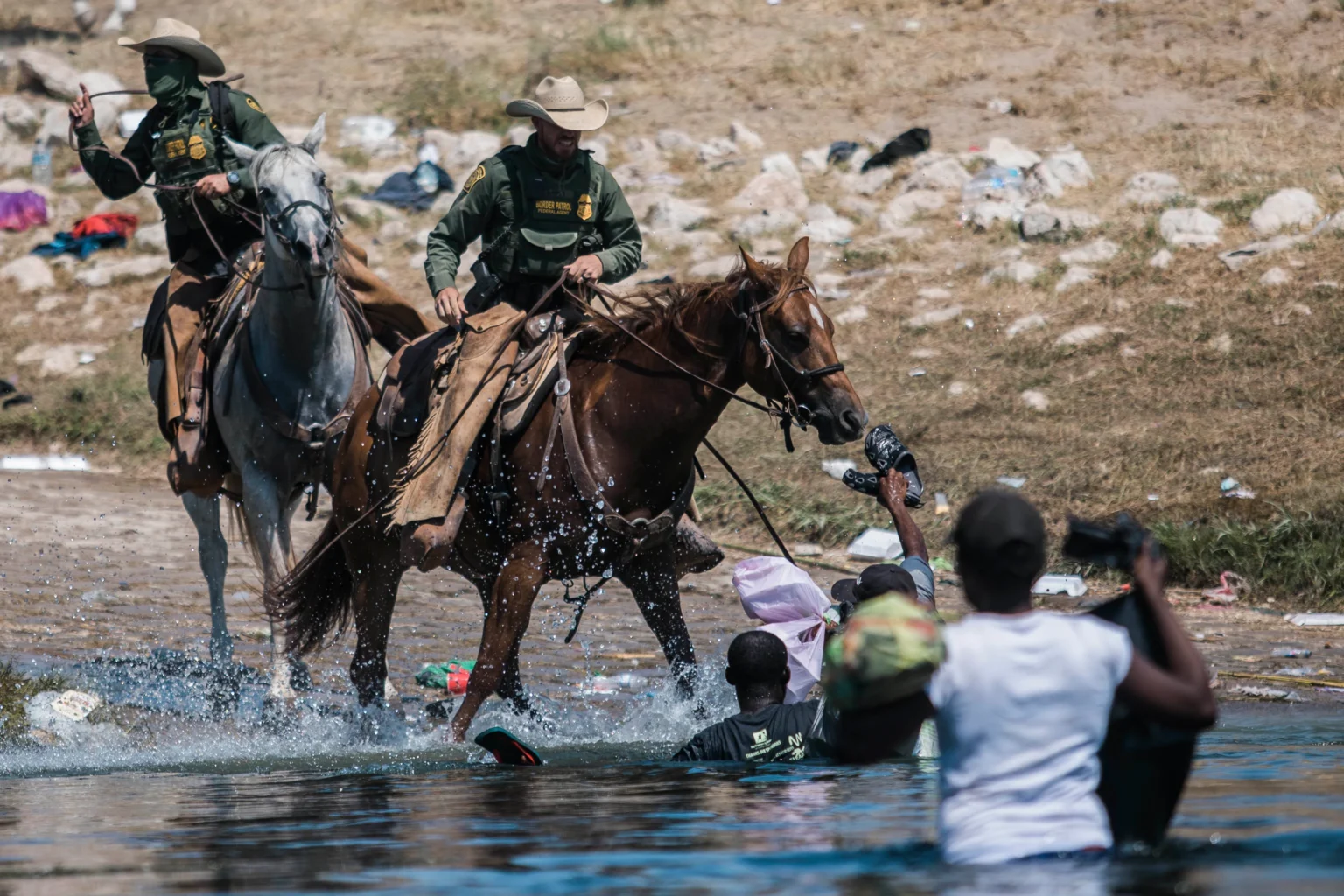In a harrowing report by journalist Kovie Biakolo, the American publication tells the story of an immigrant couple Julliana Essengue (Cameroon) and Emerson Dalmacy (Haiti) on their way to reach the United States under suggestive title “The Trail of tragedies of Black immigrants”.
The publication shows the perils and difficulties faced by immigrants after arriving in Brazil, from where they move across Peru, Ecuador, Colombia with its dangerous passage through the Darién jungle, till they reach Panama and continue passing through the other Central American nations to Mexico.
After nearly two months crossing jungles, borders and rivers by bus, car, boat, even on foot, Ms. Essengue and her fellow travelers reached Mexico.
In Tapachula, close to the Guatemalan border, the United States operates what is effectively an open-air immigration prison by forcing migrants to wait to be granted refugee status in Mexico, the report said.
Ms. Biakolo asserted that for many years, most published images of migrants making the journey across the Americas were of brown-skinned people of diverse Central American origins, but the reality is far more varied.
In what she described as the Black Immigrant Trail of Tears, Ms. Biakolo illustrated that as of 2019, there were about 4.6 million Black immigrants in the United States, 88% of whom were born in African or Caribbean countries.
However, of the approximately 1 million migrants who arrive in the United States annually, less than 9% arrive from Africa and the Caribbean.
The migration stories of people like Ms. Essengue are characterized by anti-Blackness in policy and practice that persists from country to country. Working on plantations for less pay than their non-Black counterparts is just one example of the racism they endure. And even when they make it to the imagined promised land of the United States, indignities don’t end.
Hundreds of thousands of migrants have made the dangerous trip since 2010. According to a March 2021 report from Duke University, three-quarters of these migrants are from Cuba and Haiti, with increasing numbers coming from the Indian subcontinent and African countries, notably Eritrea, the Democratic Republic of Congo, and Cameroon.
For migrants coming from Africa or the Caribbean, racially biased policies can hold them longer in each place they pass through before reaching the United States.
Although Ms. Essengue and Emerson Dalmacy reached the United States, other Black migrants have not been and will not be as fortunate.
What will become of them? Their trail of tragedy may end as it began: a nightmare, with them dying on the journey to safety or spending indefinite periods in detention.
ef/pll/ode/lb










